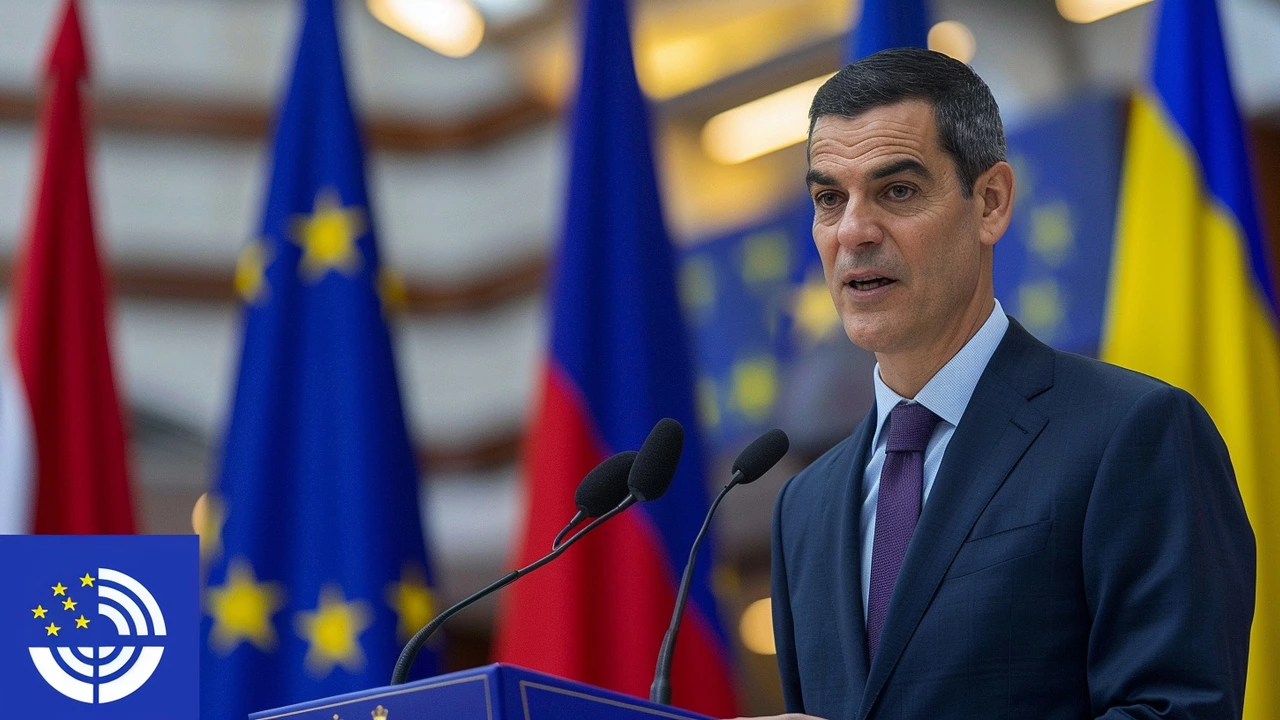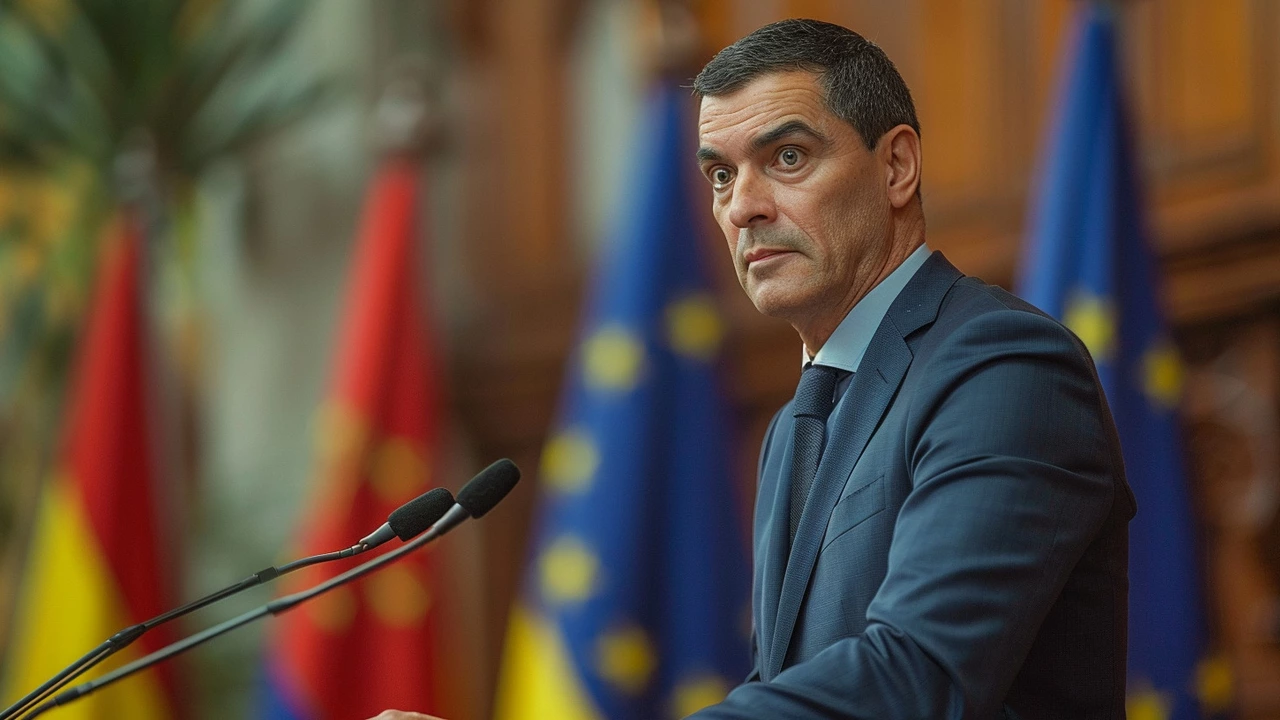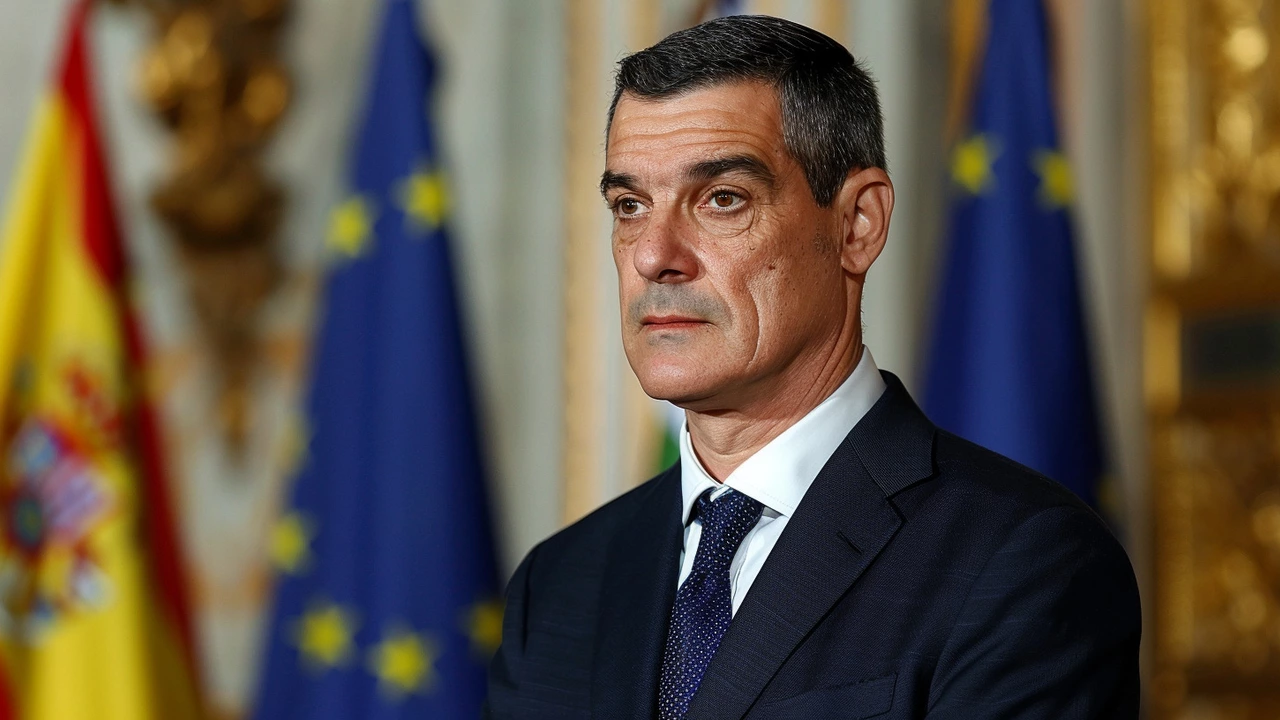Spain's Recognition of Palestinian State: A Historic Milestone
Spain's Prime Minister Pedro Sánchez has made a groundbreaking announcement that is sure to resonate in the annals of international relations. In a move described as 'historic,' Sánchez declared that Spain would officially recognize the state of Palestine. This decision positions Spain alongside over 140 nations that have already acknowledged Palestine's statehood, signaling a significant shift in diplomatic stances and regional geopolitics.
During his announcement, Sánchez emphasized the importance of this recognition for Palestine to secure its rightful place in the global community. According to him, the recognition is not just a diplomatic gesture but a crucial step towards achieving genuine and long-lasting peace in the Middle East. Such a move, he argued, aligns perfectly with the United Nations Security Council Resolutions 242 and 338, which call for peace and mutual recognition amongst conflicting parties. Moreover, Sánchez reiterated Spain's consistency with the European Union's policies and its collective stance on the matter.
UN Resolutions and EU Alignment
UN Security Council Resolutions 242 and 338 are cornerstones of international law concerning the Israeli-Palestinian conflict. Resolution 242, adopted in the wake of the 1967 Six-Day War, emphasizes the 'inadmissibility of the acquisition of territory by war' and calls for the withdrawal of Israeli armed forces from territories occupied during that conflict. Resolution 338, passed in 1973, calls for a ceasefire in the Yom Kippur War and immediate implementation of Resolution 242. By aligning with these resolutions, Spain is signaling a commitment to established international norms and the pursuit of a just peace.
A Broader European Context
Sánchez's decision comes at a time when other European countries are making similar considerations. Ireland and Norway are also preparing to formalize their recognition of the Palestinian state. This growing trend within Europe signals a shift towards a more unified approach to the Israeli-Palestinian conflict. Meanwhile, Slovenian Prime Minister Robert Golob announced that his government would decide on the recognition of a Palestinian state on Thursday, with plans to submit the decision to parliament for final approval. These movements within Europe reflect a broader shift towards supporting Palestinian statehood.
However, not all reactions have been positive. Israeli Foreign Minister Israel Katz criticized Spain’s decision, claiming that it rewards terror. Such criticism is not new; proponents of Palestinian recognition often face accusations of undermining Israel's security. In his remarks, Sánchez was careful to underscore that his government does not support Hamas, denouncing the group as a 'terrorist organization.' Instead, Spain pledges its support to the Palestine National Authority (PNA) and its reform processes, an entity that remains committed to a two-state solution and diplomatic negotiations.
Supporting the Palestinian National Authority
The Spanish Prime Minister's decision also comes with a pledge to support the Palestinian National Authority's ongoing reform process. The PNA has faced significant challenges in its efforts to establish a functioning and transparent governance system amid a complex and multifaceted conflict. Sánchez's support signals a commitment to stabilizing and legitimizing the PNA as a key partner in any future peace negotiations. By backing the PNA, Spain aims to empower a more moderate and internationally recognized Palestinian leadership, in contrast to groups like Hamas.
International Criminal Court's Role
Adding another layer to this intricate geopolitical puzzle, EU foreign policy chief Josep Borrell has expressed his support for the International Criminal Court (ICC) and its pursuit of an arrest warrant against Israeli Prime Minister Benjamin Netanyahu, among others. This development underscores the legal and diplomatic avenues being explored to hold accountable those deemed responsible for perpetuating the conflict. It adds a complex dimension to Spain’s recognition of Palestine, intertwining legal accountability with political recognition efforts.

Implications for Spain and the Broader International Community
Spain’s decision to recognize the Palestinian state is not just a regional issue, but one with far-reaching implications for international diplomacy and geopolitical alliances. By doing so, Spain is reaffirming its commitment to international law and aligning itself with a significant majority of the global community that supports a two-state solution. This move could also enhance Spain’s standing and influence within the EU, positioning it as a leader in advocating for peace and justice in one of the most protracted conflicts in modern history.
Furthermore, this decision brings to light the broader international community’s role in resolving the Israeli-Palestinian conflict. While the path to peace remains fraught with challenges, the growing recognition of Palestinian statehood among European nations could pave the way for renewed diplomatic efforts and pressure towards a sustainable resolution.

Conclusion
In summary, Spain's bold decision to recognize the Palestinian state represents a significant shift in international diplomacy, reflecting a growing trend among European nations to support Palestinian statehood. By aligning with UN resolutions and the EU’s collective stance, Spain is both reinforcing its commitment to international law and advocating for a peaceful resolution to the Israeli-Palestinian conflict. As more countries follow suit, the collective efforts of the international community may bring a renewed sense of hope and progress toward a lasting peace in the region.
